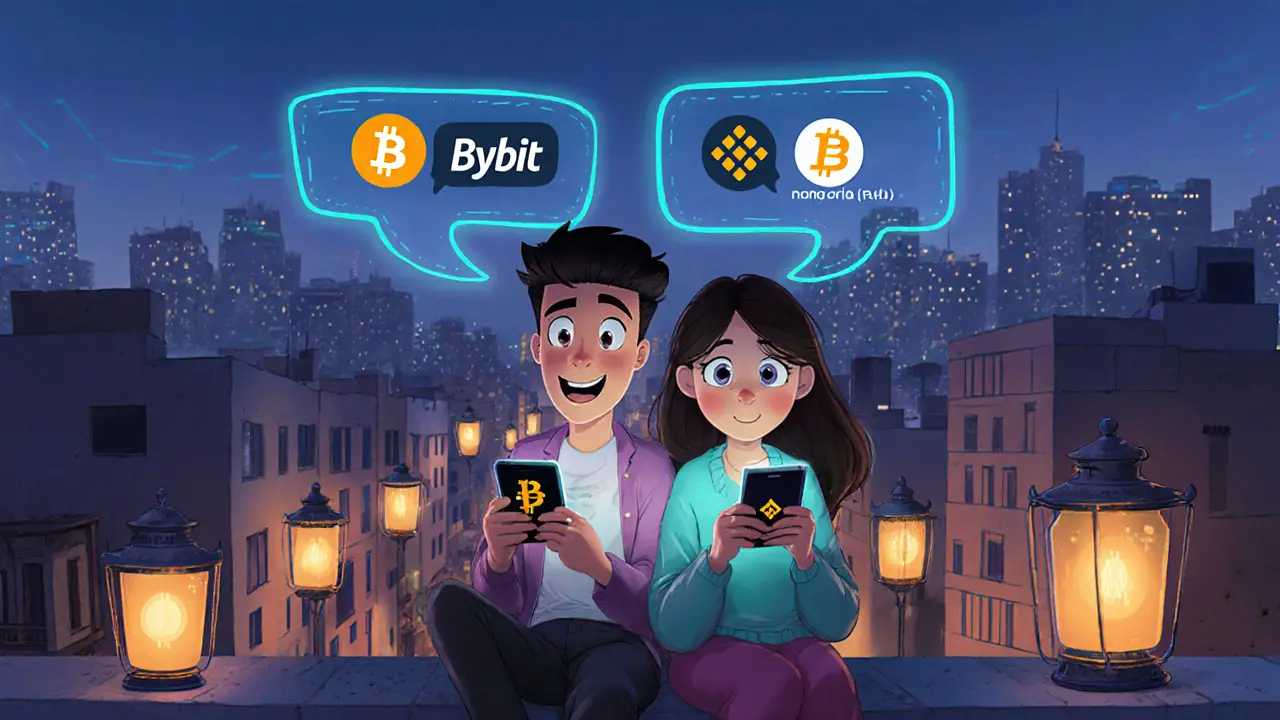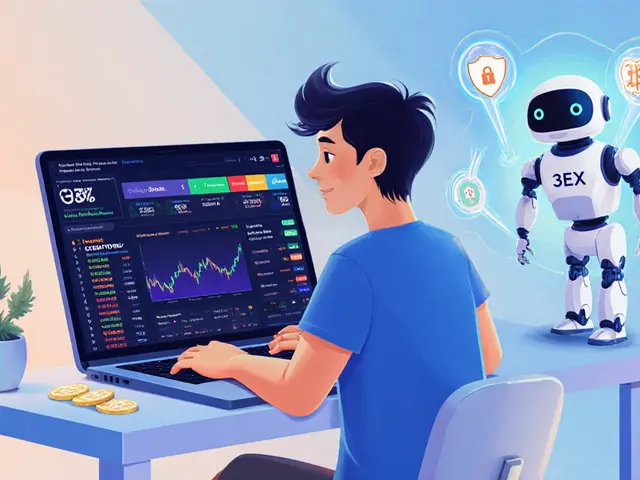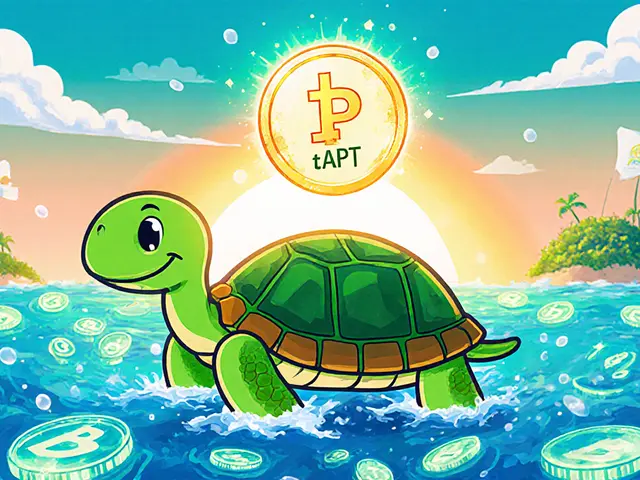Binance P2P Egypt: A Practical Guide
When working with Binance P2P Egypt, the peer‑to‑peer crypto marketplace on Binance that serves users in Egypt, letting them match buyers and sellers directly with local fiat methods. Also known as Binance Peer‑to‑Peer Egypt, it offers a regulated platform where Egyptian traders can exchange Bitcoin, BNB, and other tokens without going through a traditional bank. This service encompasses direct matching, escrow protection, and local payment options. P2P trading, a model where users trade crypto directly with each other using a trusted intermediary for escrow requires reliable payment channels, and in Egypt those often mean bank transfers, mobile wallets, or cash‑in‑person. The way Egyptian law crypto regulations, government rules that define how digital assets can be bought, sold, and used in the country shape which payment methods are allowed and what KYC steps you must complete. Finally, the Binance exchange, one of the world’s largest crypto platforms that hosts the P2P marketplace provides the underlying technology, security, and dispute‑resolution tools that keep trades safe. Understanding how these pieces fit together helps you move crypto quickly, stay compliant, and avoid common scams.
Key Elements of Binance P2P in Egypt
First, you need a verified Binance account. Verification includes uploading ID, a selfie, and sometimes proof of address—this satisfies both Binance’s own KYC rules and Egyptian AML expectations. Once verified, you can enable the P2P dashboard where you’ll see a list of offers filtered by Egyptian pound (EGP) pricing, payment method, and user reputation. Reputation is measured by completed trades and feedback; higher scores mean lower risk. When you pick an offer, Binance locks the seller’s crypto in escrow. You then pay the seller using the agreed method—most Egyptians prefer bank transfers through local banks like National Bank of Egypt or mobile wallets such as Fawry. After the seller confirms receipt, the escrow releases the crypto to your wallet instantly.
Timing matters because Egyptian banks process transfers during business hours, so many traders schedule trades in the morning to avoid delays. Also, be aware of the daily transaction limits set by both your bank and Binance; exceeding them can trigger extra verification. Fees on Binance P2P are generally zero for crypto, but you might pay a small bank fee on the fiat side. That’s why it’s useful to compare offers not just on price but on total cost, including any hidden bank charges. If a seller requests cash‑in‑person, arrange a safe public meeting and bring only the exact amount—Binance’s escrow won’t protect you in that scenario.
Understanding Binance P2P Egypt helps you avoid common pitfalls. The platform’s built‑in dispute system lets you raise a ticket if a seller doesn’t confirm payment after you’ve sent the fiat. Binance will then review chat logs and transaction proof before deciding to release or return the crypto. This safety net, combined with the reputation scores, makes P2P trading far less risky than informal street deals. However, stay alert to phishing attempts that mimic Binance emails or chat messages; always log in directly via the official website or app.
By grasping how the P2P marketplace, local regulations, and payment infrastructure interact, you’ll be ready to trade confidently. Below you’ll find a curated set of articles that walk through everything from setting up your account, choosing the best payment method, to navigating the latest Egyptian crypto rules. Dive in to sharpen your skills and start moving crypto on Binance P2P Egypt with peace of mind.



